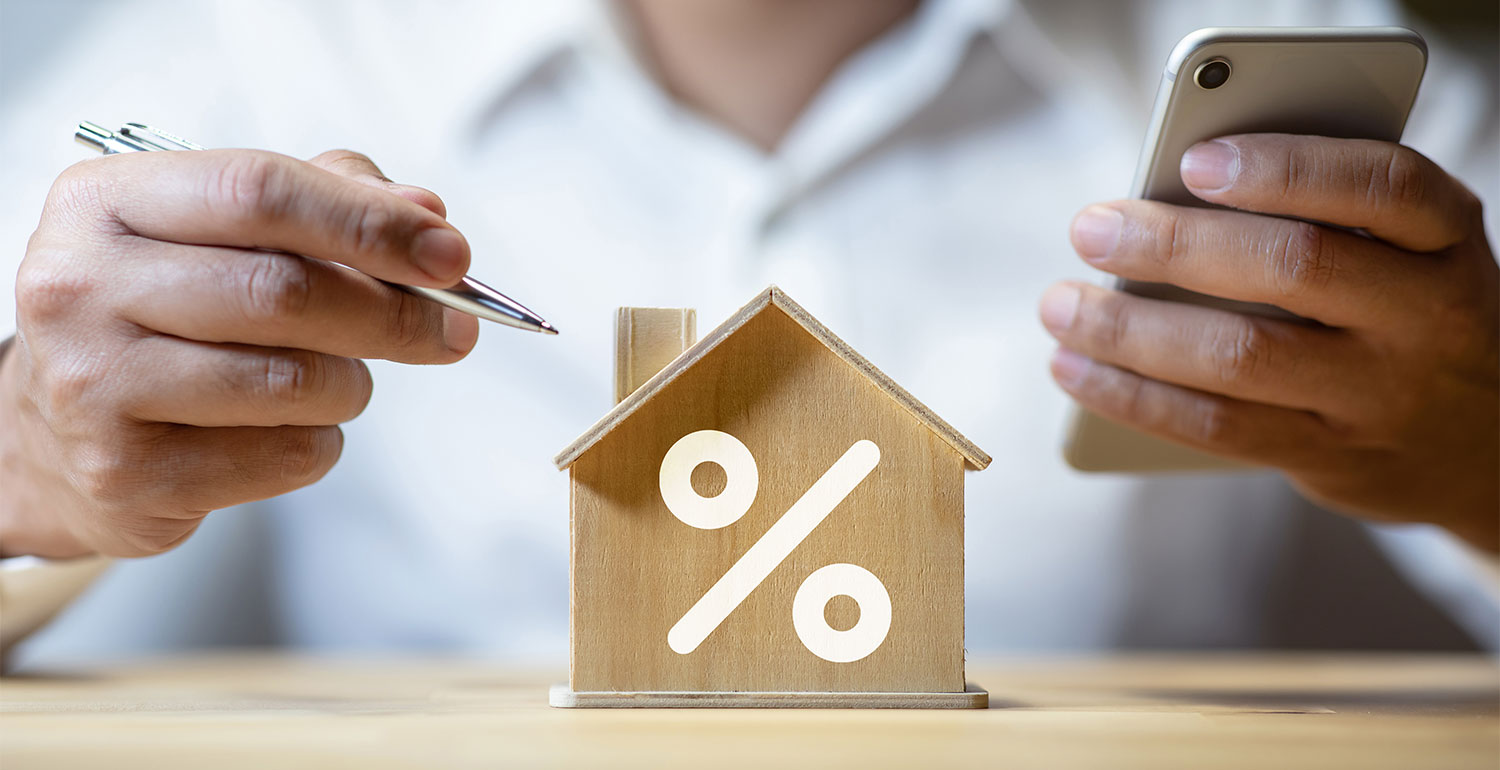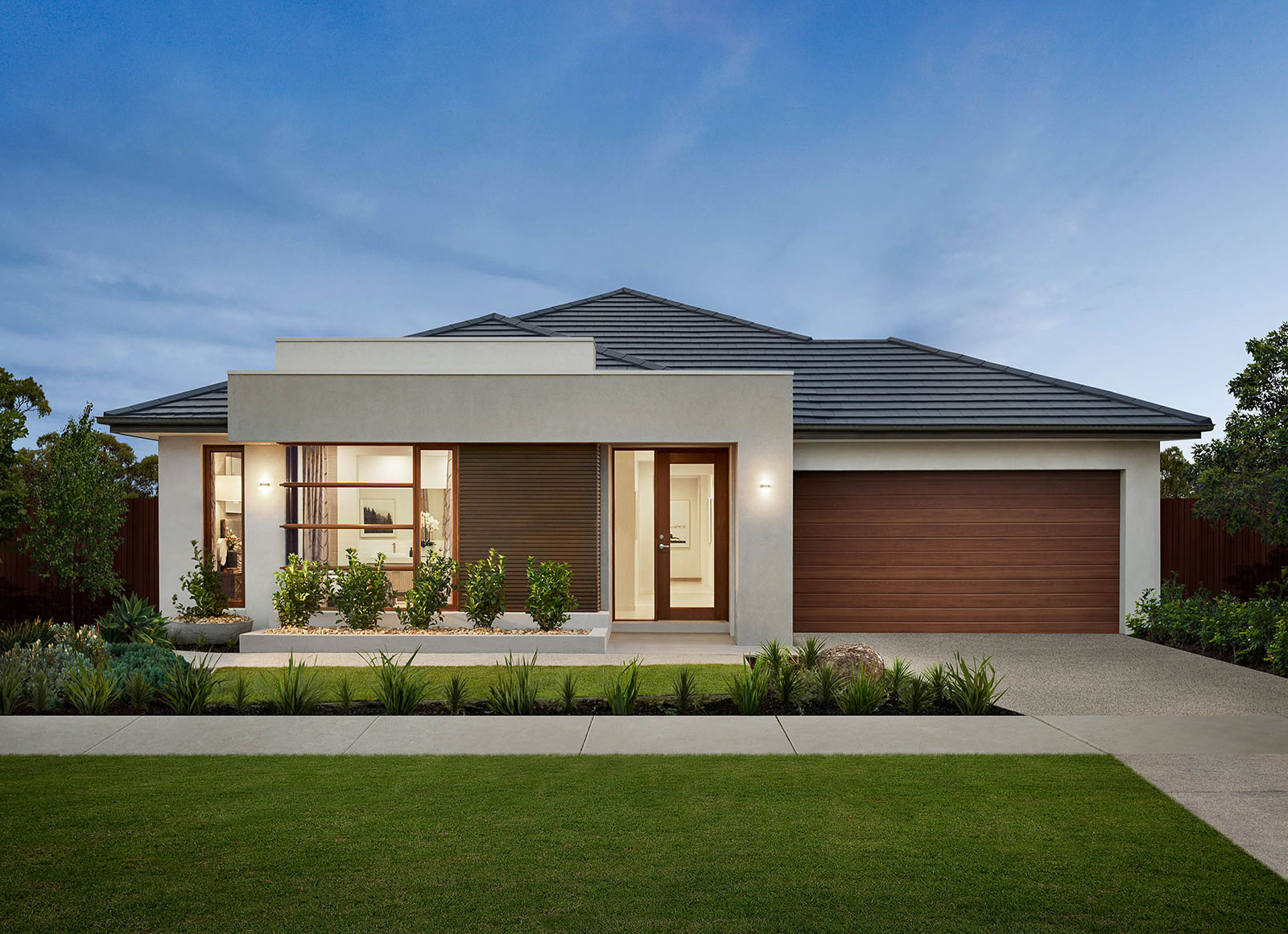Is Now the Time to Get a Fixed Rate Home Loan?
by Carlisle Homes

Now could be the time to consider a fixed rate home loan. Here’s what you should know.
To fix or not to fix? That, at least for would-be homeowners, is the question. With interest rates at record lows, it’s more tempting than ever to get a fixed rate home loan. But is it the right choice for you?
How a fixed rate home loan works
A fixed rate home loan allows you to lock in an interest rate for a chosen term. Most lenders will let you choose a fixed rate term of between 1 and 5 years. In some circumstances, you can obtain a 10-year fixed rate term.
During the fixed term, your interest rate won’t rise. Therefore, your regular repayment amount also doesn’t change. This lets you budget with more certainty.

Trying to choose a loan suited to your circumstances? A fixed rate loan lets you lock in an interest rate for a chosen term so you can budget with certainty throughout that period.
Betting on the future
When you fix your rate, you’re making a bet with the lender. In simplistic terms: if interest rates go up, you win because your rate stays at the lower amount. If interest rates go down, the lender wins.
Lenders use sophisticated data analysis and their understanding of the economy to predict interest rate movements so that they can closely match their fixed term rates to the trajectory of the cash rate.
As a general rule, the shorter the fixed term is, the lower the rate a lender will offer. Terms of 5 years or longer come with a substantially higher rate. This is because the lender is factoring in the possibility of rate rises during the term.
So, are interest rates likely to fall or rise?
Right now, interest rates are lower than they’ve ever been before. The cash rate set by the Royal Bank of Australia (the RBA) is just 0.10% — the lowest rate they can set before going into negative territory. Even more compelling, the RBA has said that they have no intention of reducing it further.
Based on that alone, it would make sense to fix your rate. From here, the only way is up.
However, the RBA has also said that they don’t plan to raise rates any time soon. In his statement of 3 August, Governor of the RBA Phillip Lowe said "The Board will not increase the cash rate until actual inflation is sustainably within the 2 to 3 per cent target range. The central scenario for the economy is that this condition will not be met before 2024.”
If interest rates aren’t likely to rise within the next 3 years, does it matter if your home loan is fixed or variable? It depends on which option gives you the lower rate.

The only way is up! With interest rates at an all-time low and no indication of further reductions by the RBA, now could be a good time to fix your rate.
Are fixed rates or variable rates lower?
Historically, variable home loan rates have been lower than fixed rate home loans. If you were confident that rates would stay low until 2024, it would make sense to keep your home loan variable.
However, in 2021, that has flipped on its head. Fierce competition in the market has led lenders to discount fixed rate loans further for the security of locking borrowers in. According to RateCity data, variable rates are around 0.5% higher than fixed-rate loans on a three-year term.
Learn more about fixed, variable and split loans here.
Other considerations
If you’re just looking for the lowest home loan rate possible, a fixed rate home loan is most likely to be the right choice. However, there are other things to consider.
Flexibility
Fixed rate home loans don’t let you make extra repayments so that you can pay down the principal faster. If you want to get out of your home loan, perhaps to take advantage of a better deal with another lender, they may also impose a costly ‘break fee’. If you’re planning to sell your home and buy a different one, you can’t transfer your home loan, so you’ll be facing break fees here as well.
No offset
Typically, fixed rate home loans don’t come with an offset account. An offset account is a transaction account which ‘offsets’ your loan balance. If you have $50,000 in your offset account, and a home loan of $450,000, interest is calculated on the difference: $450,00-50,000 = $400,000. Over the term of a loan, this can save you a substantial amount in interest.
If you’re finding it hard to decide, remember you can also split your home loan so that part of it is at a fixed rate and the other part is variable. You can pay down the variable part faster while keeping the certainty a fixed rate home loan affords. The best of both worlds!

Weighing up a fixed loan rate? You should first take into consideration extra repayment limitations, costly break fees and no access to an offset account. Featured here: Clovelly, Woodlea Estate, Aintree.
For advice on your particular circumstances or help getting a home loan, speak to one of our in-house construction finance specialists. Ready to buy and want to choose the house and land package that’s right for you? Call Carlisle on 1300 520 914.
